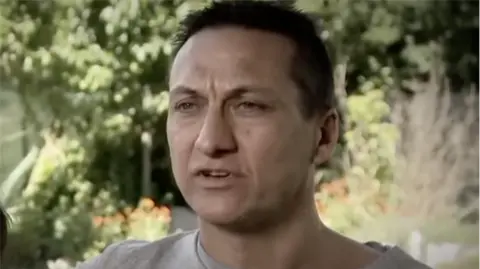In a promising shift, a nationwide survey by Cancer Council Australia revealed that vaping rates among 14 to 17-year-olds declined from 17.5% in early 2023 to 14.6% in April 2024. This data comes from the Generation Vape study, which collected responses from roughly 3,000 participants within this age group. The study also highlighted that over-15 demographic experienced a vaping rate reduction of more than a third, illustrating a broader trend of decreasing use.
Health Minister Mark Butler attributed this downward trend to effective educational and preventive measures, as well as the crackdown on illegal supply, with authorities confiscating over 10 million unauthorized vapes in just one year. "Our education and prevention campaigns as well as support to deter people from taking up vaping and smoking or to quit are making a difference," Butler stated.
The legislative framework that came into effect in July 2024 bans the manufacturing, importing, advertising, and sale of single-use vapes in Australia. Only nicotine-containing vapes can currently be purchased at pharmacies with a prescription, yet a black market for these products continues to pose challenges.
In a parallel move, the UK implemented a similar ban on disposable vapes earlier this year, spurred by growing concerns about adolescent nicotine addiction.
The Generation Vape survey discovered that a substantial 85.4% of respondents had never vaped, and less than a third of teenagers expressed interest in trying the products. Researchers noted a shift in attitudes among the youth towards vaping, with many current or former users revealing feelings of shame or embarrassment about their consumption.
Despite the positive decrease in reported personal purchases, illicit supplies from tobacconists and vape shops remain prevalent sources for youth. Speaking to the Australian Broadcasting Corporation (ABC), Butler expressed optimism, suggesting that Australia may be past the peak of vaping challenges. However, he acknowledged that ongoing efforts are essential, particularly in combatting illicit tobacco sales. Tobacco use continues to be a significant health issue for Australia, claiming over 24,000 lives annually, despite stringent anti-smoking regulations.
Health Minister Mark Butler attributed this downward trend to effective educational and preventive measures, as well as the crackdown on illegal supply, with authorities confiscating over 10 million unauthorized vapes in just one year. "Our education and prevention campaigns as well as support to deter people from taking up vaping and smoking or to quit are making a difference," Butler stated.
The legislative framework that came into effect in July 2024 bans the manufacturing, importing, advertising, and sale of single-use vapes in Australia. Only nicotine-containing vapes can currently be purchased at pharmacies with a prescription, yet a black market for these products continues to pose challenges.
In a parallel move, the UK implemented a similar ban on disposable vapes earlier this year, spurred by growing concerns about adolescent nicotine addiction.
The Generation Vape survey discovered that a substantial 85.4% of respondents had never vaped, and less than a third of teenagers expressed interest in trying the products. Researchers noted a shift in attitudes among the youth towards vaping, with many current or former users revealing feelings of shame or embarrassment about their consumption.
Despite the positive decrease in reported personal purchases, illicit supplies from tobacconists and vape shops remain prevalent sources for youth. Speaking to the Australian Broadcasting Corporation (ABC), Butler expressed optimism, suggesting that Australia may be past the peak of vaping challenges. However, he acknowledged that ongoing efforts are essential, particularly in combatting illicit tobacco sales. Tobacco use continues to be a significant health issue for Australia, claiming over 24,000 lives annually, despite stringent anti-smoking regulations.


















